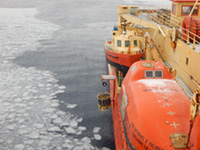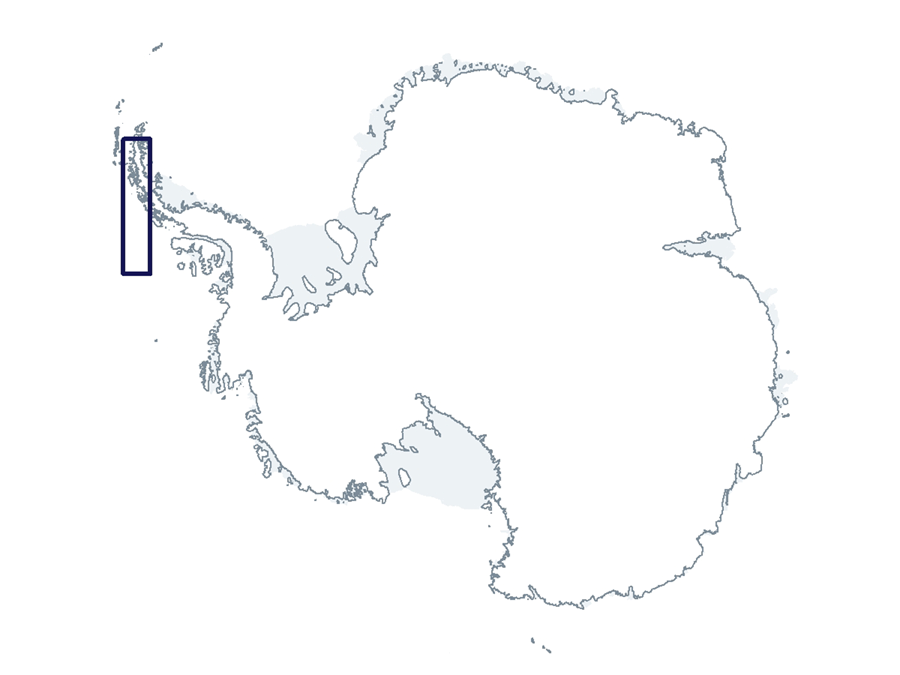2021-2022 USAP Field Season
Project Detail Project TitlePalmer, Antarctica Long-Term Ecological Research (LTER): land-shelf-ocean connectivity, and ecosystem resilience and transformation, in a sea-ice influenced pelagic ecosystem Summary
Event Number:
Program Director:
ASC POC/Implementer: Principal Investigator(s)
Dr. Deborah Steinberg
Project Web Site: Location
Supporting Stations: RV/IB Nathaniel B. Palmer DescriptionPalmer Long-Term Ecological Research (PAL-LTER) started in 1990 to address the hypothesis that the annual sea-ice cycle may be the major determinant of spatial/temporal changes in the structure and function of Antarctic marine communities. Research now includes bacteria, viruses, phytoplankton, krill, macrozooplankton, penguins, seabirds, and marine mammals. The PAL-LTER model traces the effects of changing climate and the extent, duration, and seasonality of sea ice on ecosystem composition and dynamics in the West Antarctic Peninsula, where satellite observations over the past 35 years indicate the average duration of sea ice cover is now about 90 days shorter. Six collaborative projects on the ARSV Laurence M. Gould and at Palmer Station will use moorings, numerical modeling, oceanographic cruises, and environmental sampling to address core hypotheses. Field Season OverviewIn this zooplankton component of the LTER, a team of five researchers will sail on the RV/IB Nathaniel B. Palmer (NBP) to the LTER research grid west of the Antarctic Peninsula. The team will collect data with a conductivity-temperature-depth (CTD) rosette and from the NBP’s hull-mounted EK60 sonar system, and each study station will consist of approximately three net tows. The team will also collect and sort live zooplankton, conduct microscope work, and preserve samples in formalin.
Deploying Team Members
|
2021-2022 Science Planning Summaries



For USAP Participants |
For The Public |
For Researchers and EducatorsContact UsNational Science FoundationOffice of Polar Programs Geosciences Directorate 2415 Eisenhower Avenue, Suite W7100 Alexandria, VA 22314 Sign up for the NSF Office of Polar Programs newsletter and events. Feedback Form |



